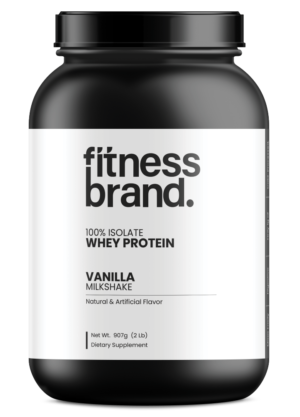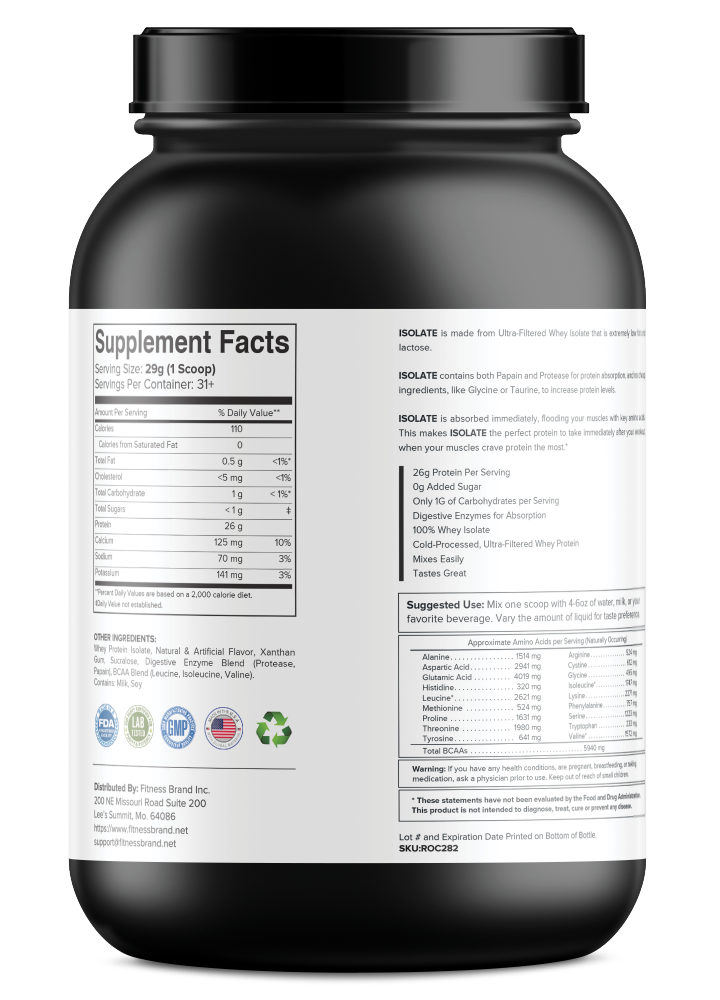


Supplements and, in certain cases, prescription medications may support fat loss, though they should never replace a balanced diet and exercise plan.
Some supplements claim to promote fat loss, but their effectiveness varies widely. Caffeine and green tea extract, for example, have some evidence of fat-burning potential, but should be used with caution and under guidance to avoid negative side effects (Slentz et al., 2011).¹²
In specific cases, such as for those with metabolic conditions, prescription medications may aid fat loss under medical supervision. Consultation with a healthcare provider is crucial before considering medications (Caspersen et al., 1985).²³
Seeking guidance from professionals like dietitians or trainers can be invaluable, especially when designing a personalized fat loss plan.
Dietitians can help create a balanced, nutrient-rich eating plan, while trainers can develop exercise programs tailored to individual fitness levels and goals. Professional support can improve adherence and optimize results (Parmenter et al., 2015).²
Sustainable fat loss combines balanced nutrition, regular exercise, and lifestyle adjustments. Avoid quick fixes, prioritize recovery, and focus on habits rather than short-term results.
Maintaining fat loss requires a commitment to long-term habits, including mindful eating, regular physical activity, and ongoing monitoring. With a sustainable approach, you can achieve and maintain your fat loss goals while supporting your overall health and well-being (Miller et al., 2022).⁶
Category: Lose Body Fat
